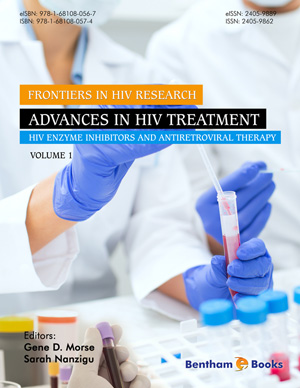Abstract
In recent years, there has been growing awareness that male reproductive performance has declined. Numerous studies have focused on various aspects of adverse trends in male reproductive health. There is a wealth of data that congenital disorders, such as hypospadias, undescended testis, testicular atrophy and testicular cancer have increased among young males. Testicular cancer, in particular germ cells tumors, are the most common malignancy among young males accounting more than 10 cases per 100000 men per year in Europe. Both genetic predisposition and environmental contaminants probably contribute for its etiology. Testicular germ cell tumors arise from malignant transformation of testicular germ cells in a multistep process where several aberrant modifications occur in genes involved in proliferation/survival and differentiation. Individuals with testicular germ cell tumors present a high survival rate but during treatments they are exposed to radio- and/or chemotherapy that may induce permanent damages in male fertility. In this context, it is essential to decipher the molecular mechanisms underlying testicular-related cancers. However, other pathologies have also contributed to the decline of male reproductive health, and particularly affect male sexual behavior. Inadequate penile erection, commonly termed as erectile dysfunction (ED) mostly occurs in men older than 40 years. It is quite common in developed countries and compelling evidences have linked the development of ED to diabetes mellitus, hypertension, hyperlipidemia, metabolic syndrome and depression. In fact, it has been shown that certain environmental and factors related to daily life, such as smoking, obesity, and limited or an absence of physical exercise may also be key predictors of ED. Physicians have looked with particular concern to these issues, but also for the sexually transmitted diseases (STDs). Some STDs are resolved without treatment, but others have chronic lifelong infections. In this chapter those topics will be discussed from a biochemical point of view and the pathways that regulate the most relevant processes.
Keywords: Carcinoma in situ, Erectile dysfunction, Libido, Phosphodiesterase inhibitors, Testicular cancer, Testicular germ cell tumors, Sexual behavior, Sexual desire, Sexually transmitted diseases.






















